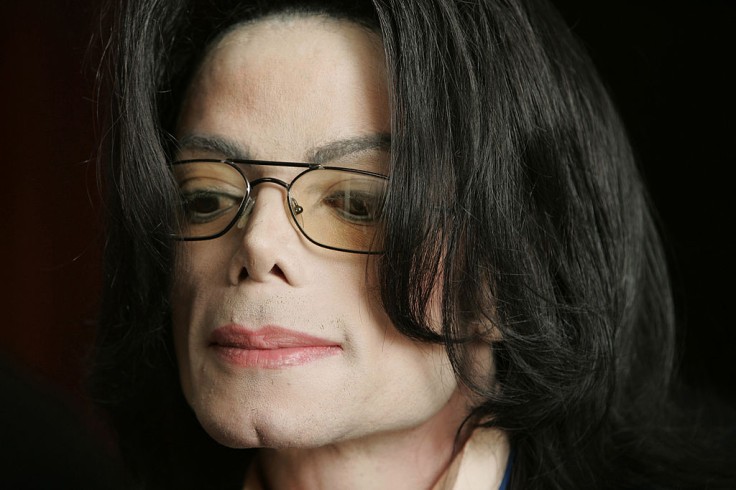
Michael Jackson's politically intense video shoot in Brazil's Santa Marta favela came close to never happening — until gangs supposedly intervened to make it a reality.
Jackson and his production team encountered a serious setback in February 1996 when Rio de Janeiro's state government thwarted his proposal to film the video for "They Don't Care About Us" within the city's most run-down slum.
Authorities were concerned that international coverage of the region's poverty might tarnish Brazil's global reputation, particularly as the nation considered a bid to host the 2004 Olympics.
"They didn't want images of poverty splashed across international TV screens," AllHipHop reported. "They thought it could damage Brazil's reputation and scare off tourism."
Jackson's crew would not give up on the project. According to the Tampa Bay Times, they allegedly dodged government controls by making a deal with Marcinho VP, a notorious Comando Vermelho gang leader. The deal reportedly involved security and logistical assistance — for an unspecified amount.
"This allowed MJ's crew to set up shop on rooftops and in narrow alleyways that were out of the police's control," the report said.
In one dramatic assertion, Jackson's dressing room was said to have been installed within the dwelling place of a local drug dealer.
At the time, Rio's chief of security, General Nilton Cerqueira, criticized the action.
"Jackson's team had 'skipped' working with law enforcement and instead leaned on neighborhood gangs," Cerqueira explained to local media.
Co-director Spike Lee defended doing business with whoever actually held the zone.
"The right person had to be involved," Lee said. "Because police authority didn't extend into Santa Marta."
Shooting proceeded with reported assistance from 50 hired locals, each paid $70, and over 1,500 police officers were deployed to help maintain control.
Despite the drama, the video became one of the most socially aware of Jackson's. The images showed the pop icon drumming with residents in the hillside neighborhood — a visual metaphor for resistance and unity.
Santa Marta is now a historic landmark in both pop and Brazilian politics, commemorating Jackson's legacy in ways no one could have anticipated.
© 2026 MusicTimes.com All rights reserved. Do not reproduce without permission.







